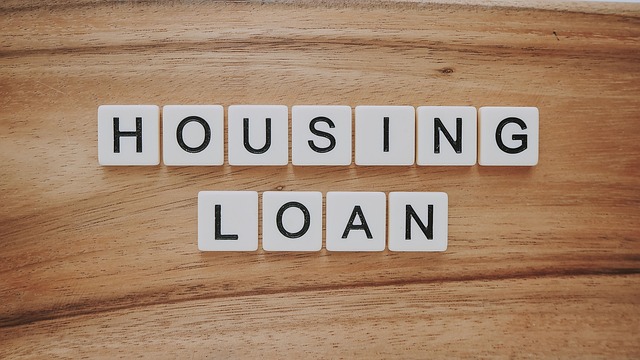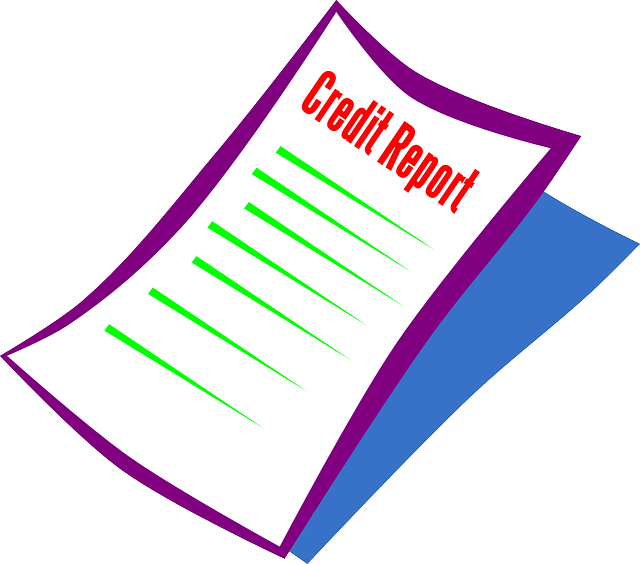Low credit scores can limit access to traditional funding but don't rule out financing options. Alternatives like peer-to-peer lending and startup loans offer flexible terms for individuals with less-than-perfect histories. A compelling investment case, including a robust business plan and market analysis, can persuade investors. Enhance creditworthiness through accurate reporting, timely payments, and positive payment history. Co-signers and guarantees provide additional funding solutions but carry risks. Effective communication and tailoring pitches to lenders increase the likelihood of securing low credit scores funding.
Securing funding with a low credit score can feel like an insurmountable challenge, but it’s not impossible. In today’s financial landscape, understanding how your credit score impacts access to capital is crucial. This guide navigates the complexities of obtaining funding despite poor credit, exploring alternative lending options, building investor appeal, and strategies for improvement. By delving into these tactics, you can enhance your chances of securing the financial support needed for your ventures.
- Understanding the Impact of Low Credit Scores on Funding
- Exploring Alternative Lending Options for Bad Credit
- Building a Compelling Case for Investment Despite Poor Credit
- Strategies to Improve Credit Scores Before Seeking Funding
- The Role of Co-Signers and Guarantees in Securing Loans
- Tips for Effective Communication with Lenders and Investors
Understanding the Impact of Low Credit Scores on Funding

Low credit scores can significantly impact an individual’s ability to secure funding for various purposes, be it starting a business, purchasing a home, or investing in education. Lenders and investors often consider credit scores as a key indicator of financial responsibility and reliability. Scores below 600 are generally considered poor, which can lead to fewer options and less favorable terms when applying for loans or lines of credit. This is because lenders perceive borrowers with low credit scores as higher risks, potentially resulting in higher interest rates, shorter repayment periods, or even loan denials.
In the context of low credit scores funding, it’s crucial to understand that these financial metrics are not immutable. They can be improved over time through responsible financial behavior, such as making payments on time, reducing debt, and demonstrating a history of managing credit wisely. Knowing this offers hope for individuals with less-than-perfect credit histories; it encourages proactive steps to enhance their financial standing, thereby increasing the likelihood of gaining access to the funding they need.
Exploring Alternative Lending Options for Bad Credit

For individuals with low credit scores, traditional funding sources may seem out of reach. However, exploring alternative lending options can open doors to securing the finances needed for various ventures. One such option is peer-to-peer (P2P) lending platforms, which connect borrowers directly with individual lenders. These platforms often offer more flexible borrowing terms and are more accepting of borrowers with less-than-perfect credit histories.
Another avenue to consider is business or startup loans designed specifically for low-credit-score applicants. Some financial institutions and government programs provide funding opportunities tailored to new businesses or entrepreneurs facing credit challenges. These loans may have different eligibility criteria, focusing on the potential and viability of the business idea rather than strict credit checks. By delving into these alternatives, individuals can find suitable funding options for their ventures despite their low credit scores.
Building a Compelling Case for Investment Despite Poor Credit

Despite low credit scores, it’s still possible to build a compelling case for investment. Investors are primarily concerned with the potential return on their investment and the strength of your business plan. A solid proposal that demonstrates market viability, a unique value proposition, and a clear strategy for revenue generation can compensate for poor credit.
Focus on highlighting your past successes, any relevant industry experience, or strong personal connections that could ensure timely payments and mitigate risks. Additionally, presenting a well-researched market analysis and a realistic financial forecast will showcase your understanding of the business landscape and increase your chances of securing funding, even with low credit scores.
Strategies to Improve Credit Scores Before Seeking Funding

Before seeking funding, it’s crucial to implement strategies aimed at improving your credit score. One effective approach is to review your credit report regularly and dispute any inaccuracies. Errors on your report can significantly impact your score, so ensuring its accuracy is a vital step. Additionally, making timely payments on all outstanding debts can substantially enhance your creditworthiness. Prioritize paying off high-interest debt, as it can save you money in the long run and demonstrate responsible financial behavior to lenders.
Another strategy involves building a positive payment history. This means setting up automatic payments for utilities, rent, and other regular expenses to ensure on-time payments. Lenders prefer to see consistent, positive payment patterns when evaluating creditworthiness. Additionally, consider using credit-building tools like secured credit cards or becoming an authorized user on someone else’s account with a strong credit history. These methods can help establish or improve your credit score, making it easier to secure low credit scores funding in the future.
The Role of Co-Signers and Guarantees in Securing Loans

When dealing with low credit scores, securing funding can seem challenging. However, co-signers and guarantees offer viable alternatives to improve your chances. A co-signer is an individual who agrees to share responsibility for a loan—if you fail to repay, they become obligated to do so instead. This strategy can be particularly effective when applied to personal loans or credit cards, as it demonstrates lenders that there’s still a level of trust and financial commitment.
Guarantees, on the other hand, involve an asset being held as collateral for the loan. If you default, the lender has the right to seize this asset (e.g., a car, property) to recoup their losses. While this can be risky, it provides access to funding that might otherwise be denied due to poor credit scores. Both co-signers and guarantees expand your options for low credit scores funding, ensuring you have more paths to explore when seeking financial support.
Tips for Effective Communication with Lenders and Investors

When approaching lenders and investors for funding with low credit scores, clear and effective communication is paramount. Be transparent about your financial situation; explain the circumstances that led to your low credit score and outline a plan for improvement. Lenders and investors often appreciate candor and proactive measures; demonstrating your understanding of their concerns can build trust.
Provide concrete evidence of your ability to repay the loan or investment. This could include offering collateral, a co-signer with strong credit, or detailed financial projections showcasing your potential for growth and repayment. Tailor your communication style to each lender or investor, highlighting aspects of your plan that align with their interests and risk appetite.






